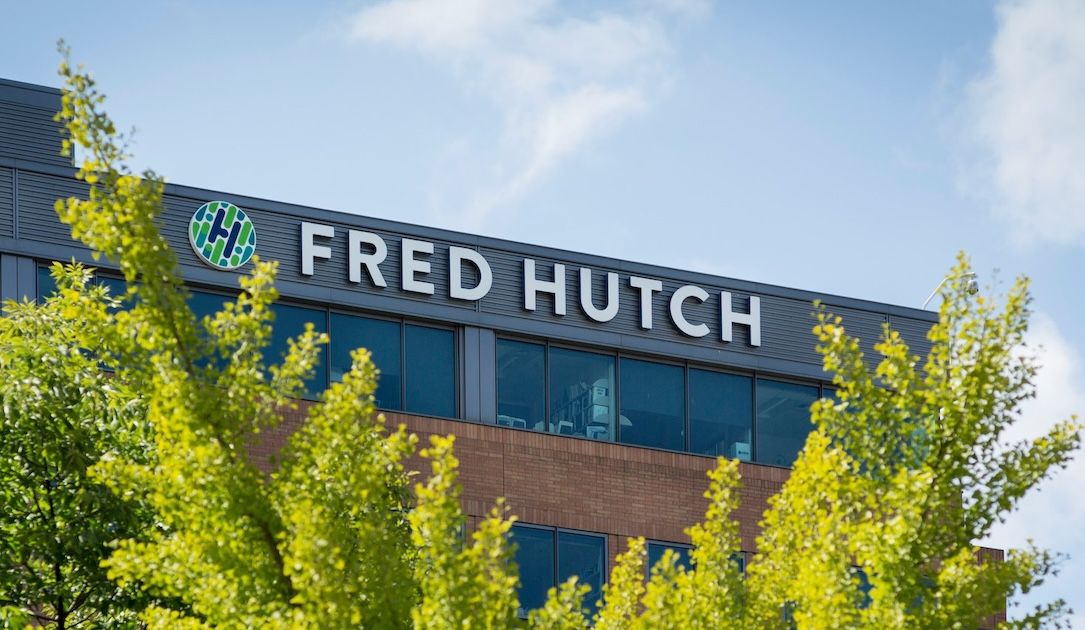A major Seattle-based cancer center is facing a cyberattack claimed by a notorious cybercrime gang that currently appears to be extorting the healthcare facility.
On Friday morning, the Hunters International ransomware group listed the Fred Hutchinson Cancer Center on its leak site, claiming to have stolen 533 GB of data. Reports indicate that the group was also extorting individual patients.
When asked about the listing, a spokesperson for the facility directed Recorded Future News to a Dec. 11 statement confirming that it had notified federal law enforcement following the detection of unauthorized activity on its clinical network.
“All Fred Hutch clinics are open and actively serving patients. The safety, well-being and personal information of our patients and employees are of the utmost importance to Fred Hutch,” the center said.
“Our forensic team continues to evaluate the data accessed and we will provide further updates as we have them.”
The Fred Hutchinson Cancer Center is a nonprofit organization and the only National Cancer Institute-designated cancer center in Washington. It has eight clinical care centers that offer a variety of services and research.
The organization has already published a statement on Dec. 1, saying it was forced to “quarantine” its servers and take its clinical network offline after discovering the attack, in an effort to “contain the impact.”
All clinics remained open while the organization investigated the incident. The cancer center is committed to contacting anyone affected by the information stolen by the hackers.
Extortion of individual patients
local media KIRO reported Thursday of a distressing situation in which patients at the cancer center received threatening emails from hackers.
KIRO obtained one of the emails, which indicated the victim was one of 800,000 people who had sensitive information included in the batch of data stolen from the center. The gang said they would delete the person’s information for $50.
The alleged information includes medical history, laboratory results, social security numbers and much more.
“I think it’s disgusting that they are taking advantage of cancer patients, people who are struggling at the worst time of their lives,” one victim told KIRO.
The victim added that she doesn’t blame the Fred Hutchinson Cancer Center, noting that the facility helped save her life and that several other hospitals have faced similar attacks.
Sensitive targets
Throughout 2023, ransomware perpetrators have fallen to new levels in an attempt to trick victims into paying ransoms.
From the start of the year, the LockBit ransomware gang was obliged to apologize after attacking the Hospital for Sick Children in Toronto, Canada’s largest pediatric health center.
Another high-profile ransomware gang attempted to extort a Pennsylvania healthcare network by publish images of breast cancer patients.
Several experts noted that Hunters International – the same gang that extorts the Fred Hutchinson Cancer Center – also tried to threaten a cosmetic surgeon using patient photos as leverage.
Attacks on healthcare facilities continued to cause considerable damage throughout 2023, forcing facilities to cancel appointments and leak millions of victim information on the dark web.
On Thursday, dental insurance giant Delta Dental of California filed breach notification documents in Maine And California claiming that nearly 7 million patients were affected by ransomware gang attacks on popular file transfer software this summer.
The information disclosed includes names, social security numbers, driver’s license numbers or other state identification numbers, passport numbers, financial account information, tax identification numbers, individual health insurance policy numbers and other health information.
Future saved
Intelligence cloud.
No previous articles
No new articles


